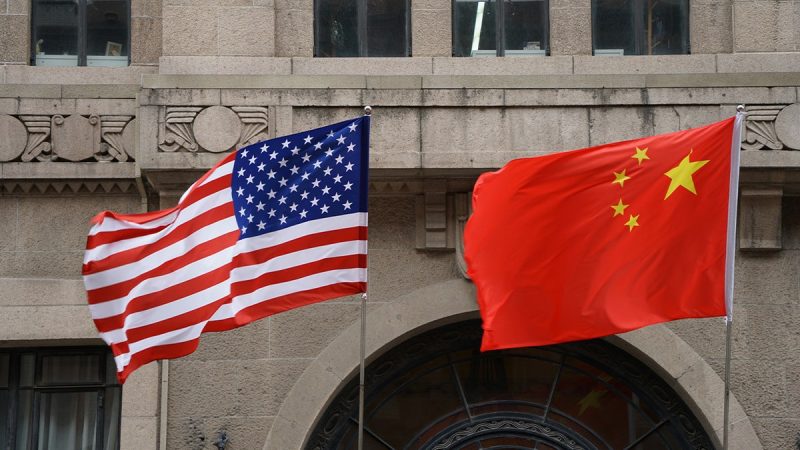In a recent turn of events, Republicans have taken significant steps towards potentially ending China’s favored trade status amid growing concerns over the economic relationship between the United States and China. This move comes at a time of heightened tensions between the two global superpowers, with issues ranging from trade imbalances to intellectual property theft being at the forefront of the discussion.
The decision to consider revoking China’s favored trade status comes after years of rising bipartisan backlash against China’s trade practices. Many lawmakers argue that China has taken advantage of its favorable trade status to gain an unfair competitive edge in the global market. By revoking this status, Republicans hope to level the playing field and hold China accountable for its alleged trade abuses.
Republican lawmakers have expressed the need for a more balanced and fair trade relationship with China. They argue that revoking China’s favored trade status would send a strong message to the Chinese government that the United States will not tolerate unfair trade practices. This move is seen as a significant step in the ongoing efforts to address the longstanding trade issues between the two countries.
While the decision to revoke China’s favored trade status is still in the early stages, it has already sparked a heated debate among policymakers and industry experts. Proponents of the move believe that it is necessary to protect American businesses and workers from unfair competition, while opponents warn that it could lead to a trade war with China and harm the global economy.
In addition to revoking China’s favored trade status, Republicans have also proposed other measures to address the trade imbalance with China. These include increasing tariffs on Chinese imports, tightening restrictions on technology transfers, and imposing sanctions on Chinese companies involved in intellectual property theft.
The potential revocation of China’s favored trade status represents a major shift in US-China relations and could have far-reaching implications for the global economy. It is unclear how China will respond to these developments, but it is likely that tensions between the two countries will continue to escalate as they navigate their complex trade relationship.
Overall, the move to revoke China’s favored trade status reflects growing concerns in the United States about China’s trade practices and its impact on American businesses and workers. While the outcome of this decision remains uncertain, it underscores the need for a more balanced and fair trade relationship between the world’s two largest economies.

